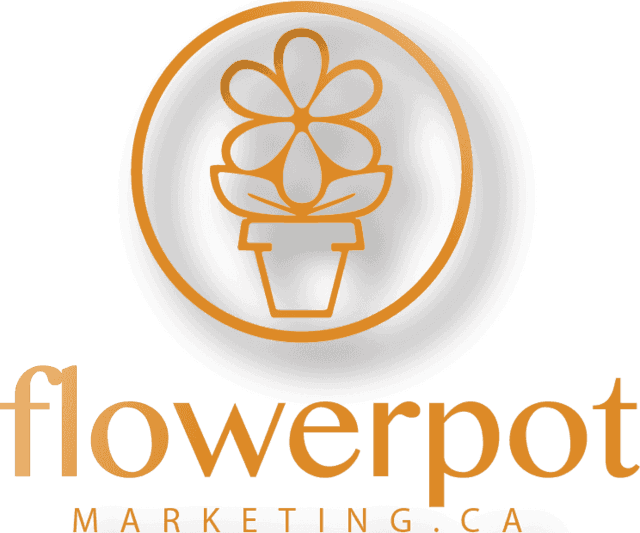By: Melissa Barlock
Building Strong Connections

The Power of Candidate Relationship Management (CRM)
In today's competitive job market, organizations are realizing the importance of building and maintaining relationships with potential candidates. Candidate Relationship Management (CRM) has emerged as a strategic approach to effectively engage with talent, nurture relationships, and create a pipeline of qualified candidates. In this blog post, we will explore the benefits and best practices of CRM in recruitment.
Creating a Talent Pool:
One of the key benefits of CRM is the ability to create and maintain a talent pool. A talent pool consists of potential candidates who have expressed interest in your organization, whether through previous applications, networking events, or referrals. By capturing and organizing candidate information in a CRM system, recruiters can build a valuable resource of pre-qualified candidates for future hiring needs.
Nurturing Relationships:
CRM enables recruiters to establish and nurture relationships with candidates over time. By staying in touch and providing relevant and personalized content, recruiters can build trust and engagement. Regular communication through email newsletters, personalized messages, or social media updates keeps candidates informed about company news, industry insights, and job opportunities. This proactive approach helps maintain candidate interest and keeps your organization top of mind.
Engaging Passive Candidates:
CRM is particularly effective in engaging passive candidates who are not actively seeking new opportunities. Passive candidates may have desirable skills and experiences, but they may not be actively searching for a job change. By implementing targeted communication strategies and personalized outreach, recruiters can pique the interest of passive candidates, showcase the value proposition of their organization, and convert them into active candidates when the right opportunity arises.
Enhancing Candidate Experience:
CRM allows for a personalized and seamless candidate experience throughout the recruitment process. By leveraging candidate data and preferences stored in the CRM system, recruiters can tailor communication, streamline application processes, and provide relevant updates to candidates. This level of personalization demonstrates an organization's commitment to candidate-centric practices, enhancing the overall candidate experience and improving the employer brand.
Best Practices for Candidate Relationship Management:
Implement a CRM System:
Invest in a robust CRM system specifically designed for recruitment purposes. The CRM system should provide functionalities such as candidate data management, communication automation, and reporting capabilities. Choose a system that aligns with your organization's needs and integrates well with other recruitment tools and platforms.
Capture and Organize Candidate Data:
Consistently capture candidate data and maintain accurate records in the CRM system. Ensure that the system allows for categorization and segmentation of candidates based on various criteria such as skills, experience, location, and preferences. This enables targeted and personalized communication.
Develop a Communication Strategy:
Create a communication strategy that outlines the frequency, channels, and content of candidate communication. Craft personalized messages that are relevant to each candidate segment. Leverage automation features within the CRM system to send targeted email campaigns, schedule follow-ups, and track candidate interactions.
Provide Value-Added Content:
Deliver valuable content to candidates to keep them engaged and informed. Share industry insights, career tips, and company updates through newsletters, blog posts, or social media platforms. By providing relevant content, you position your organization as a trusted resource and build credibility with candidates.
Measure and Analyze Results:
Regularly evaluate the effectiveness of your CRM strategy by tracking metrics such as candidate response rates, engagement levels, and conversions. Analyze data to identify trends, preferences, and areas for improvement. Use these insights to refine your CRM approach and enhance candidate engagement.
Candidate Relationship Management (CRM) is a powerful tool for organizations to build and maintain relationships with potential candidates. By creating a talent pool, nurturing relationships, and engaging passive candidates, organizations can gain a competitive edge in attracting and retaining top talent. By investing in a robust CRM system and implementing best practices, recruiters can
Enspire Dental Opportunities is looking forward to working with you.


The Power of Networking in the Dental Industry: Why Connections Matter at Every Stage of Your Career
Send Us a Message
Have a question? We’re here to help. Send us a message and we’ll be in touch.
We will get back to you as soon as possible
Please try again later










